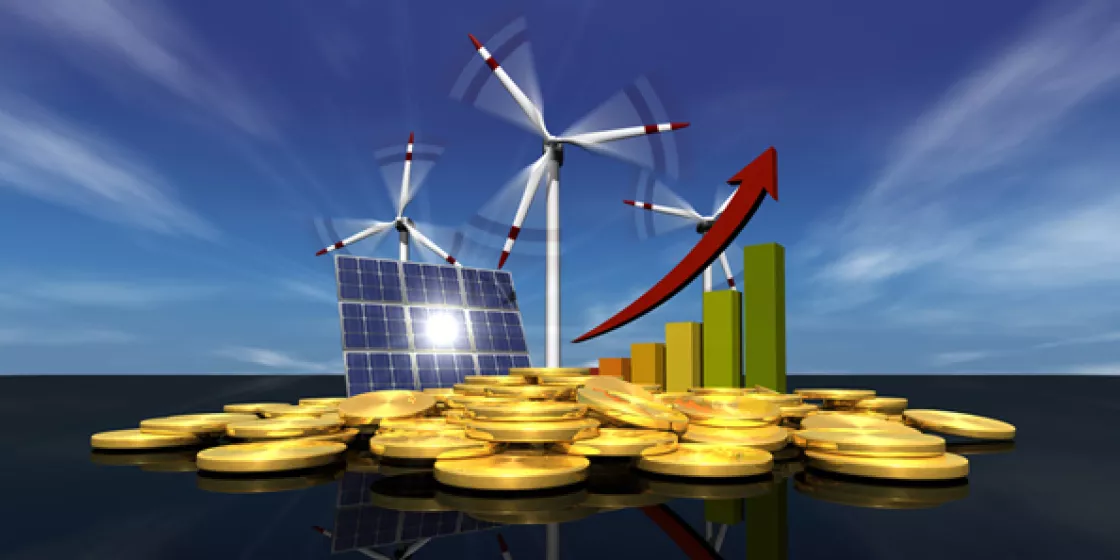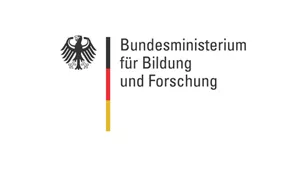The energy transition is considered the social challenge of our time. In 2010, the then German government decided to cover Germany's energy needs mainly from renewable energies by 2050 and to reduce German greenhouse gas emissions by 80% to 95%. Decisions made in these years for or against the expansion of energy efficiency, renewable energies or smart grids will have a decisive influence on whether and how cost-effectively the targets can be realised.
A large number of studies suggest that obstacles to the energy transition are primarily caused by political framework conditions. In addition, the financial and economic crisis has worsened the investment climate in some areas.
An innovative bridge between general equilibrium theory and Keynesian approaches to the coordination of expectations serves as the methodological basis for a project that Germanwatch is now carrying out together with the Global Climate Forum. This involves equilibrium states of the economy and the expectations of key players, particularly in the energy sector. The hypothesis is that a successful re-coordination of expectations can initiate a transition from the current equilibrium with low growth and high CO2 emissions to a desirable equilibrium with a prosperous low-emission economy. We expect our project to provide impetus for this transition.
We analyse what obstacles and opportunities important stakeholders see in the energy transition and to what extent their expectations influence investment decisions. To do this, we use qualitative research methods, primarily stakeholder dialogues.
In a further step, we will work out which political course must be set and which social acceptance problems must be tackled for the successful realisation of green growth. We also hope that our dialogues will create a sounding board for ideas on business models in line with the energy transition. German energy suppliers in particular, but also the automotive and steel industries, for example, are being forced to reform their current structures. Conversely, a key challenge lies in the capital requirements of the energy transition. Due to the low interest rate policy of recent years, the financial and insurance industries are looking for investment opportunities. We identify where the most urgent need for coordination lies in these sectors.
We have recruited relevant players from the financial sector, the real economy and civil society as practice partners and are bringing them together in group discussions. We want to answer the following questions:
- What are the main obstacles to investment in the energy transition in terms of the political framework and social acceptance? What would be suitable measures to overcome these obstacles?
- Is a lack of investment security a major obstacle?
- To what extent is the financial and economic crisis jeopardising the energy transition?
- To what extent and how can the energy transition make a significant contribution to overcoming the financial and economic crisis?
- How can the coordination of expectations contribute to this and how can these expectations resonate in such a way that new economically and ecologically sustainable business models for the energy transition and green growth emerge?
Together with our practice partners, we continuously identify new relevant stakeholders. Depending on how the research process develops, the dialogue is continued in individual interviews, focus groups and workshops. If we succeed in coordinating expectations for green growth, meaningful investment opportunities can be opened up that contribute to the success of the energy transition.
Publications
- Final Report: Green investment push in Europe
- 11 theses on the energy transition: Governance and business models for transformation
- Six theses on the digitalisation of the energy transition. Chances, risks and development
- Study: Effects of historical and current framework conditions on the German energy sector
- INTEGRATED RISK TOOLBOX: A toolbox for dealing with integrated risks
- Thesis paper: "Sustainable growth through the re-coordination of expectations"
Thesis on crisis and equilibrium images - Thesis paper: "Obstacles to the energy transition’
Results of the stakeholder dialogues





